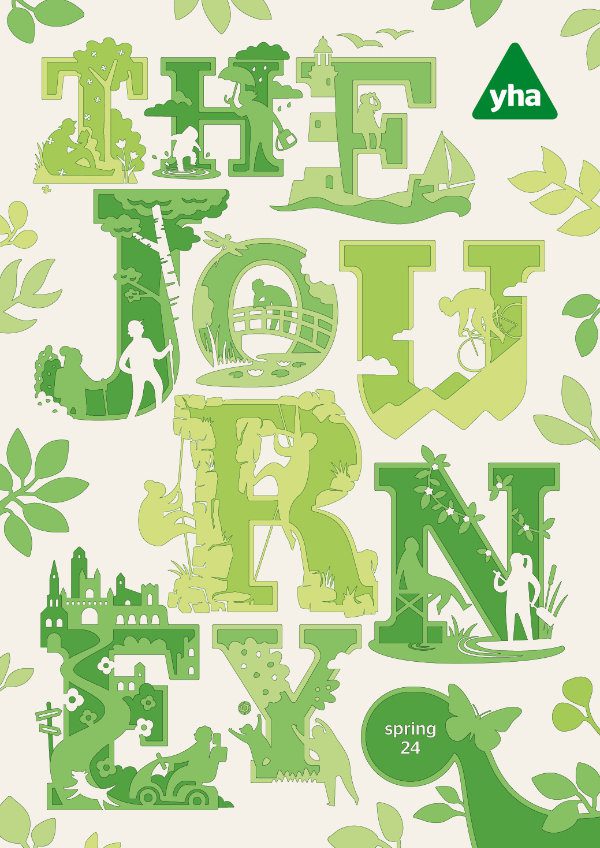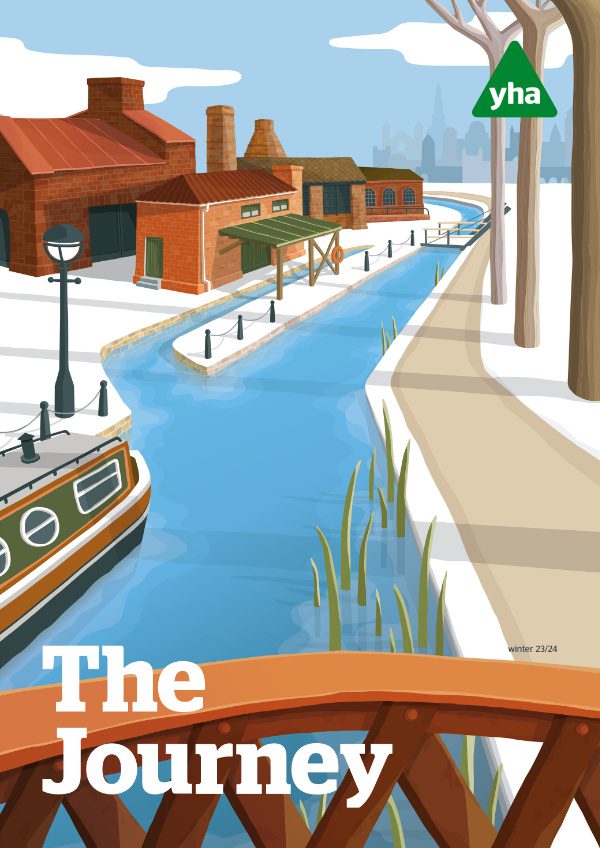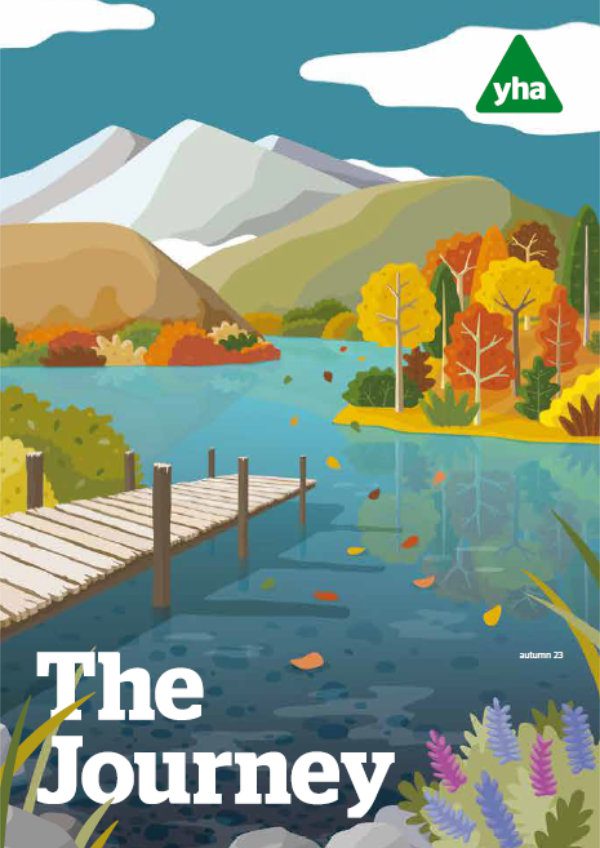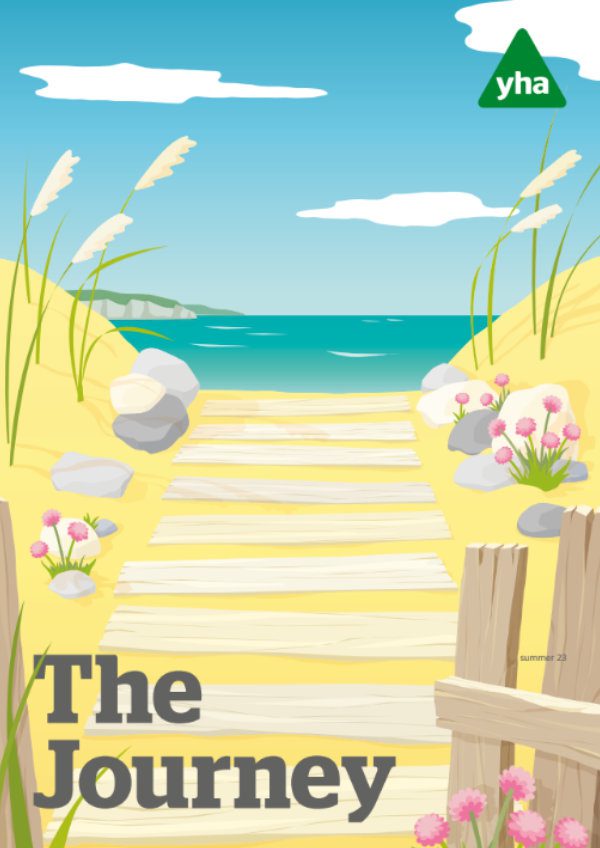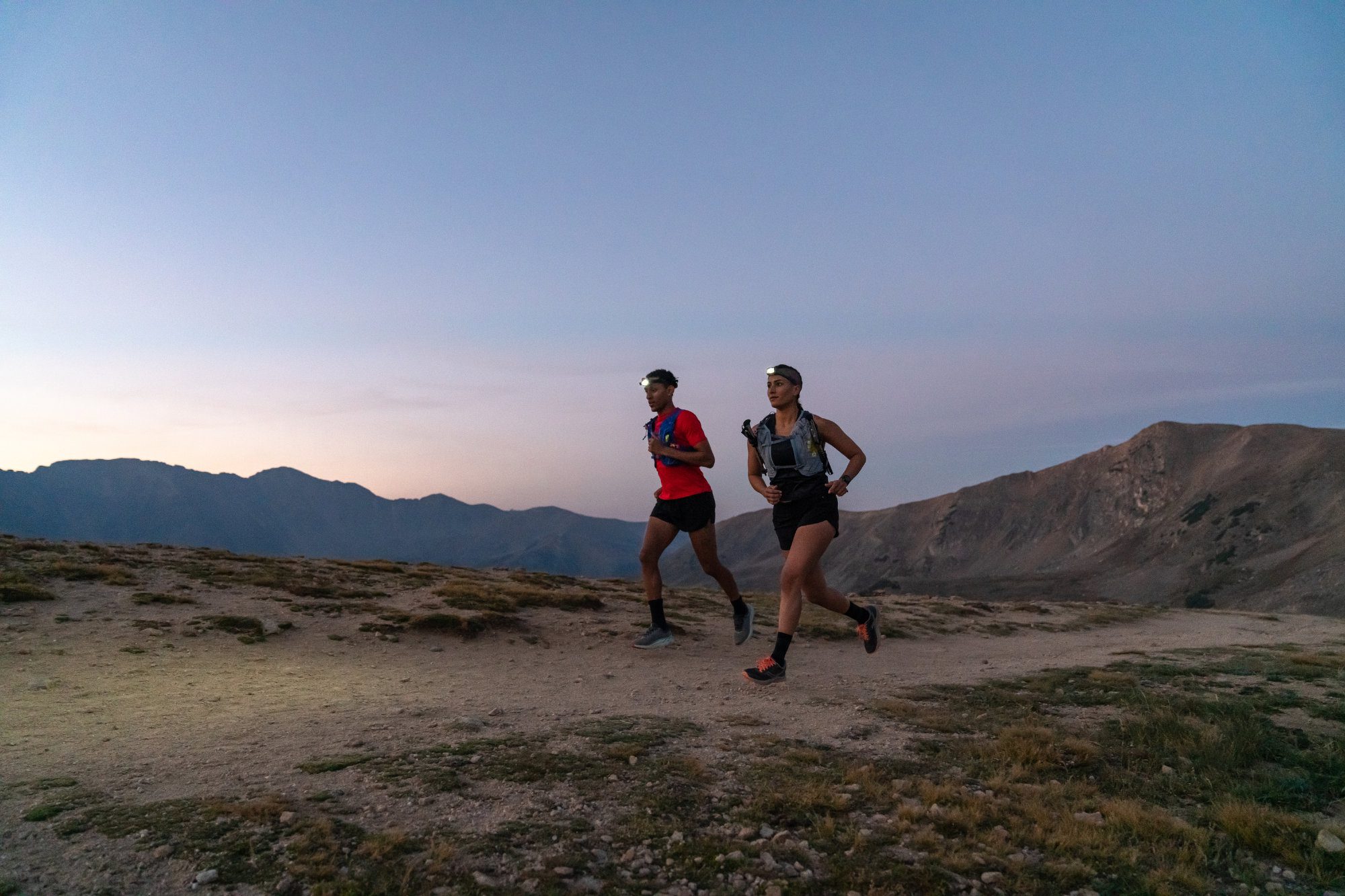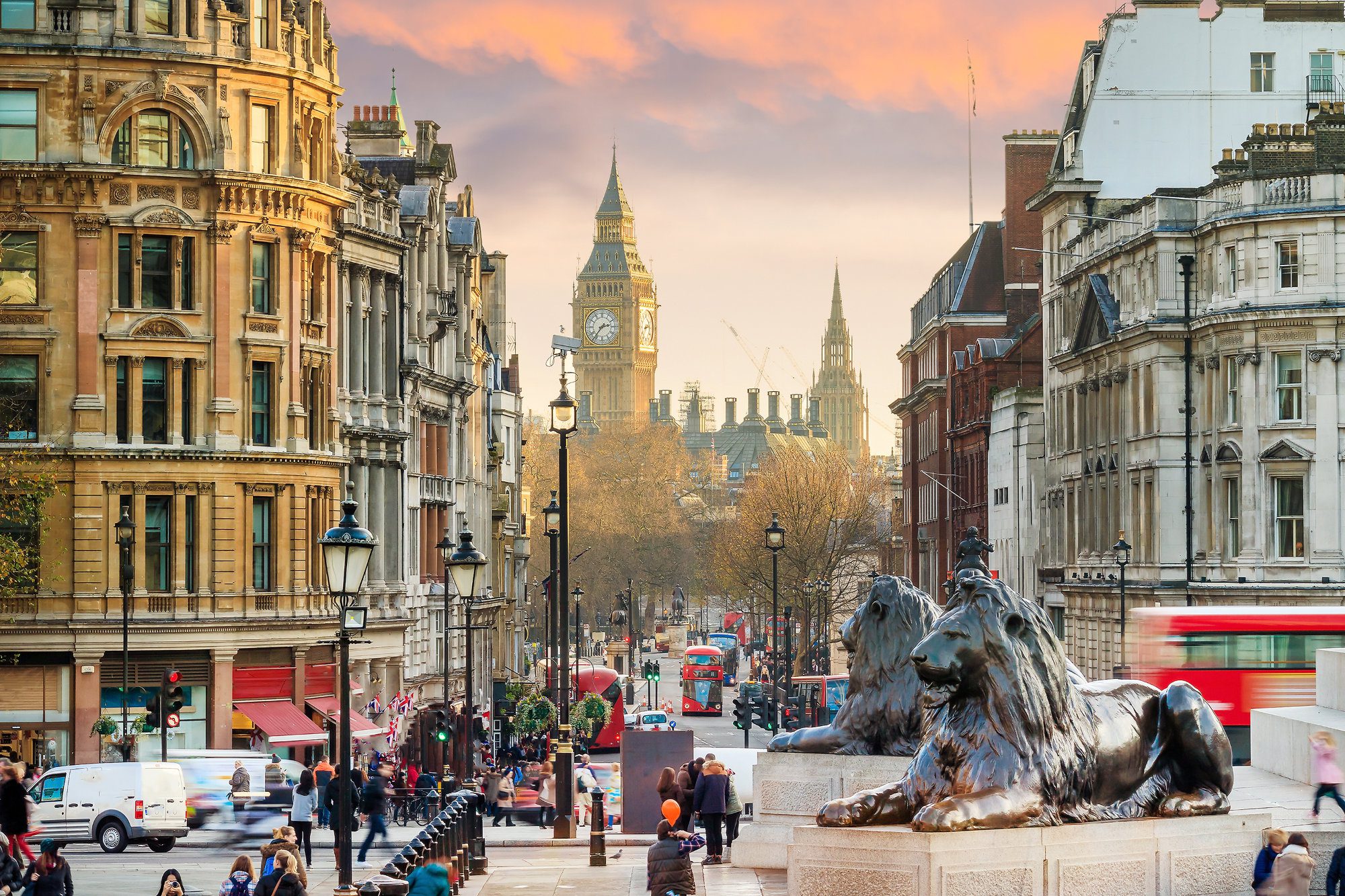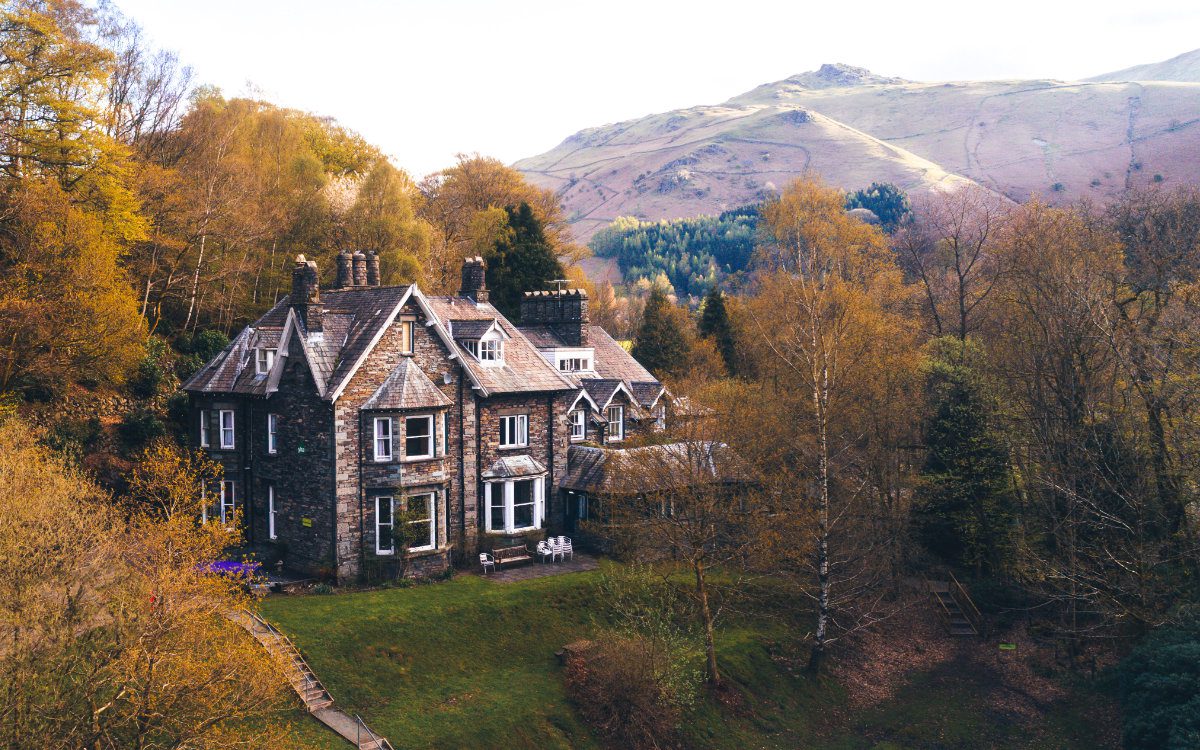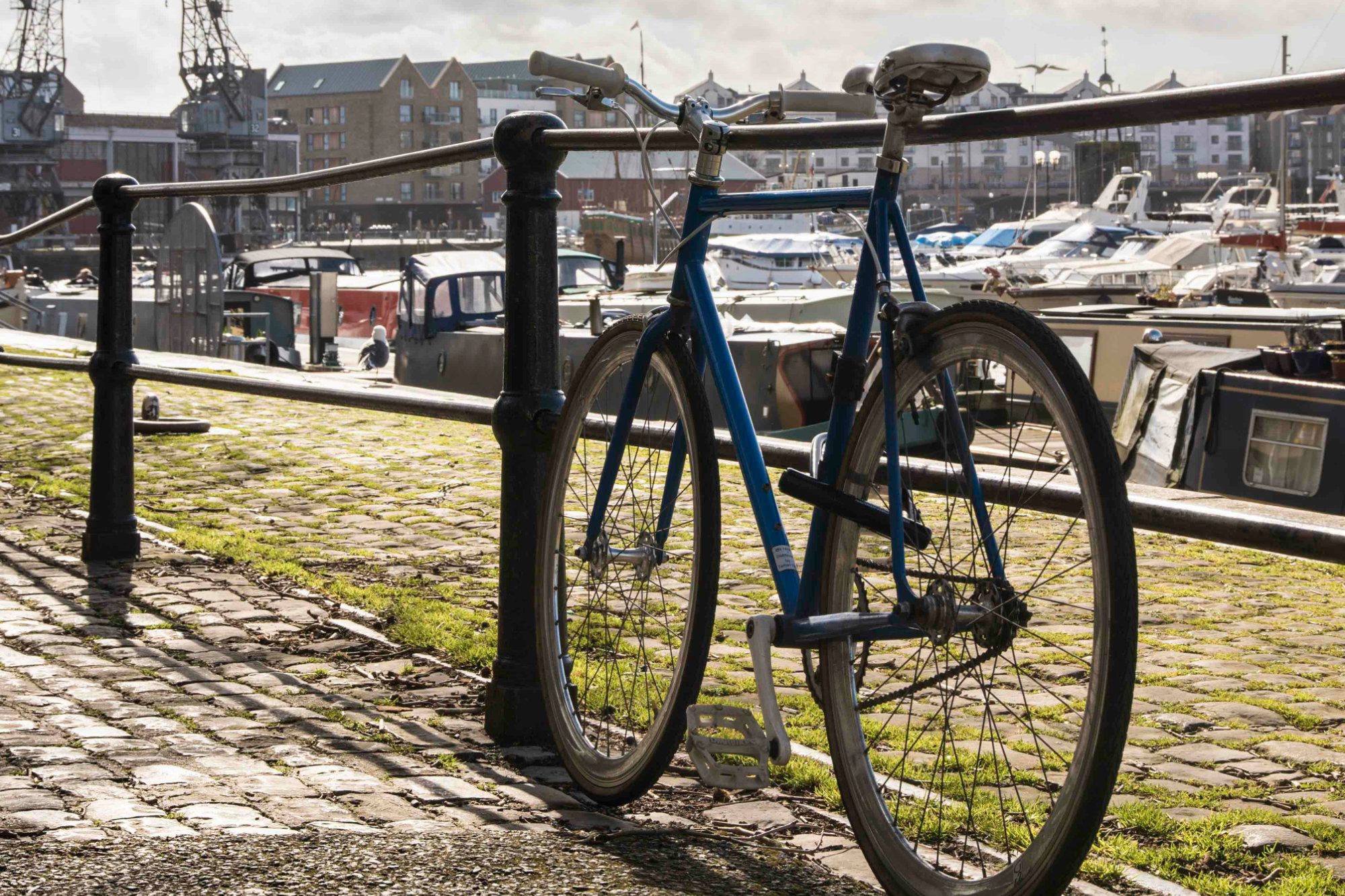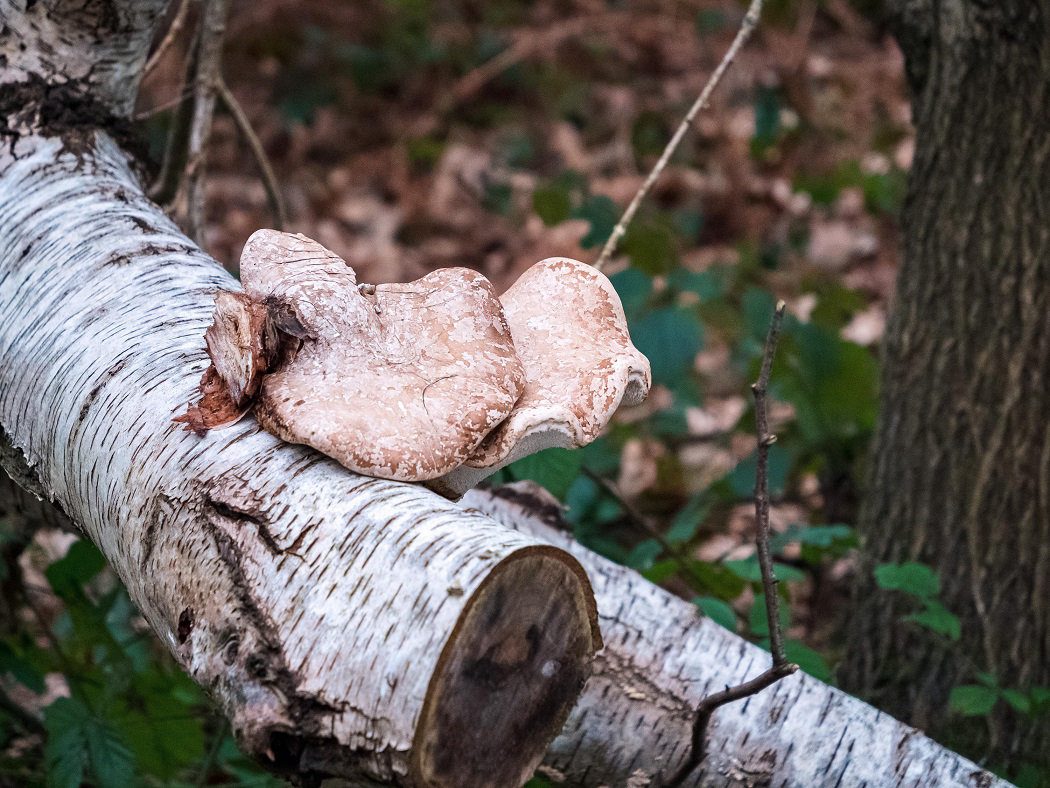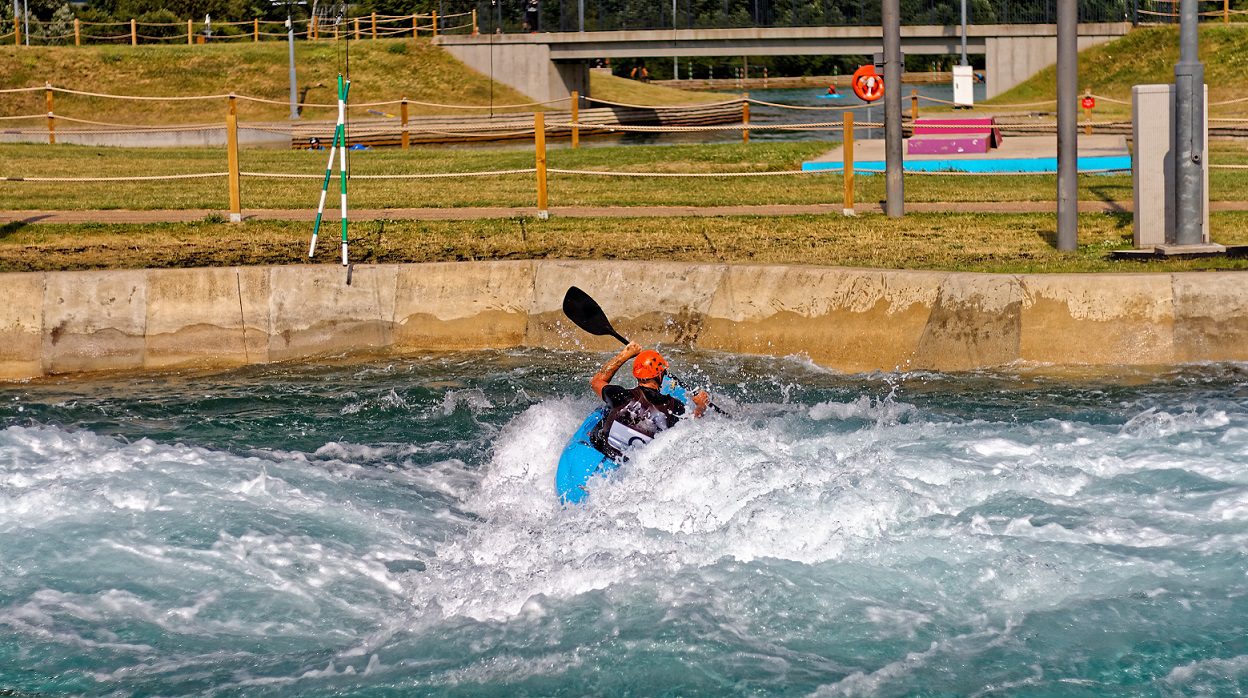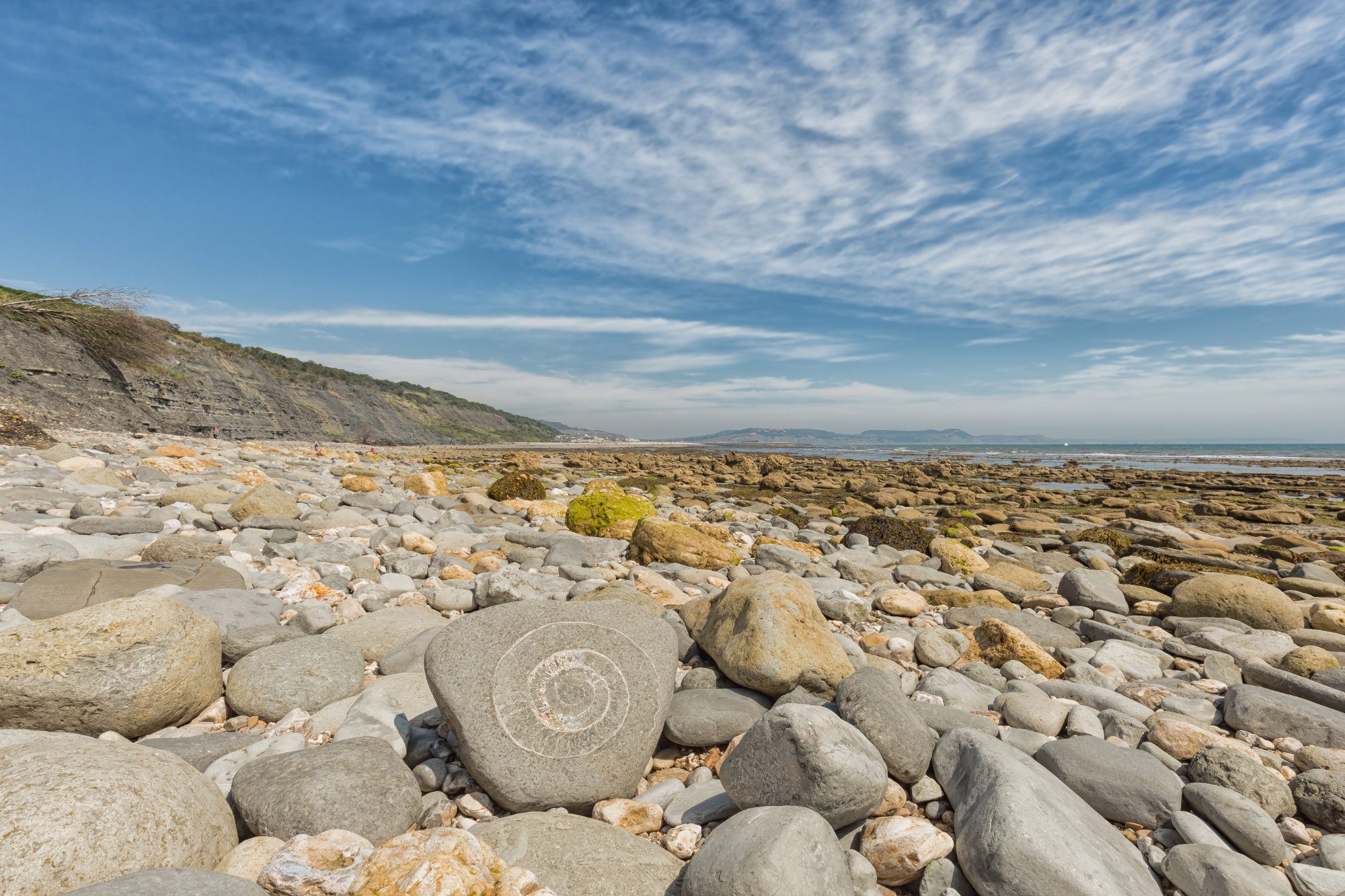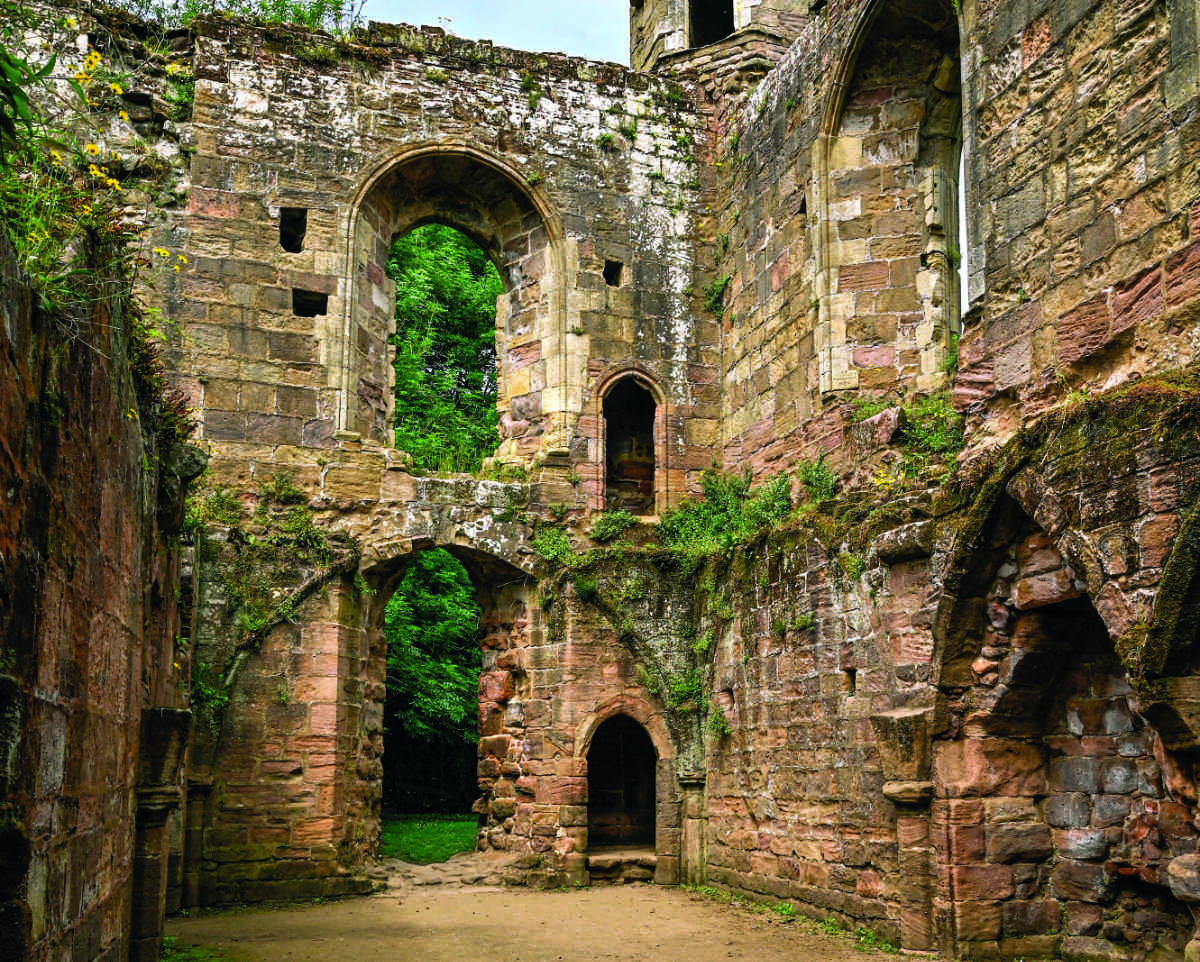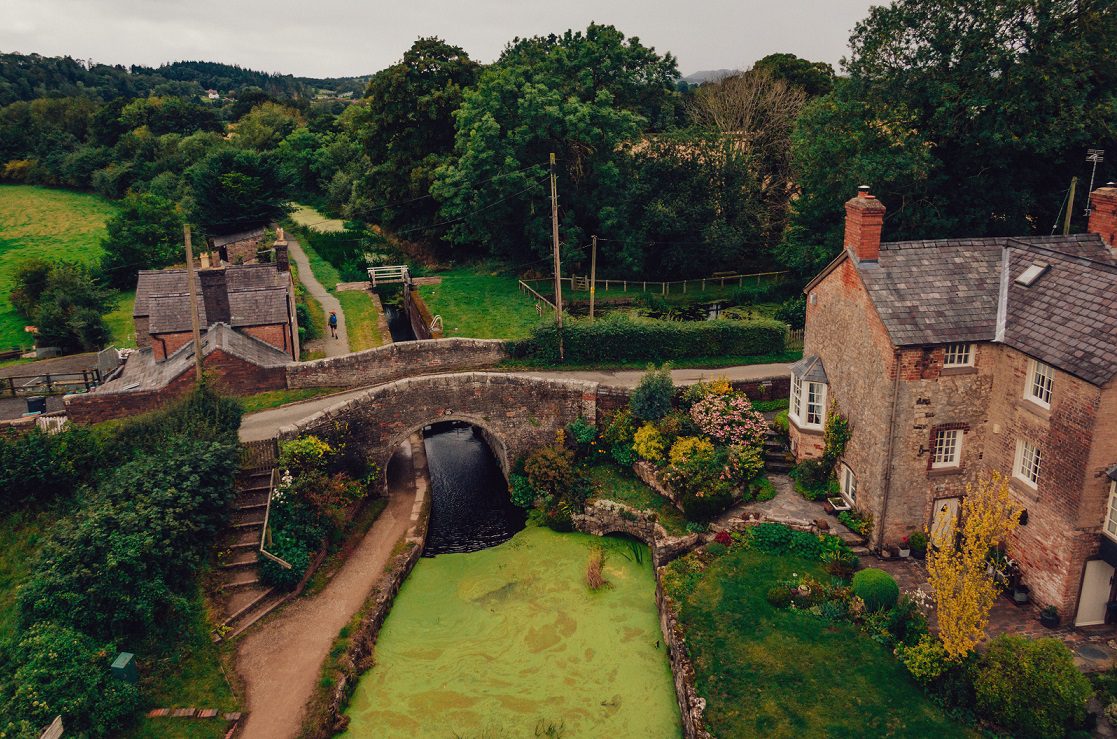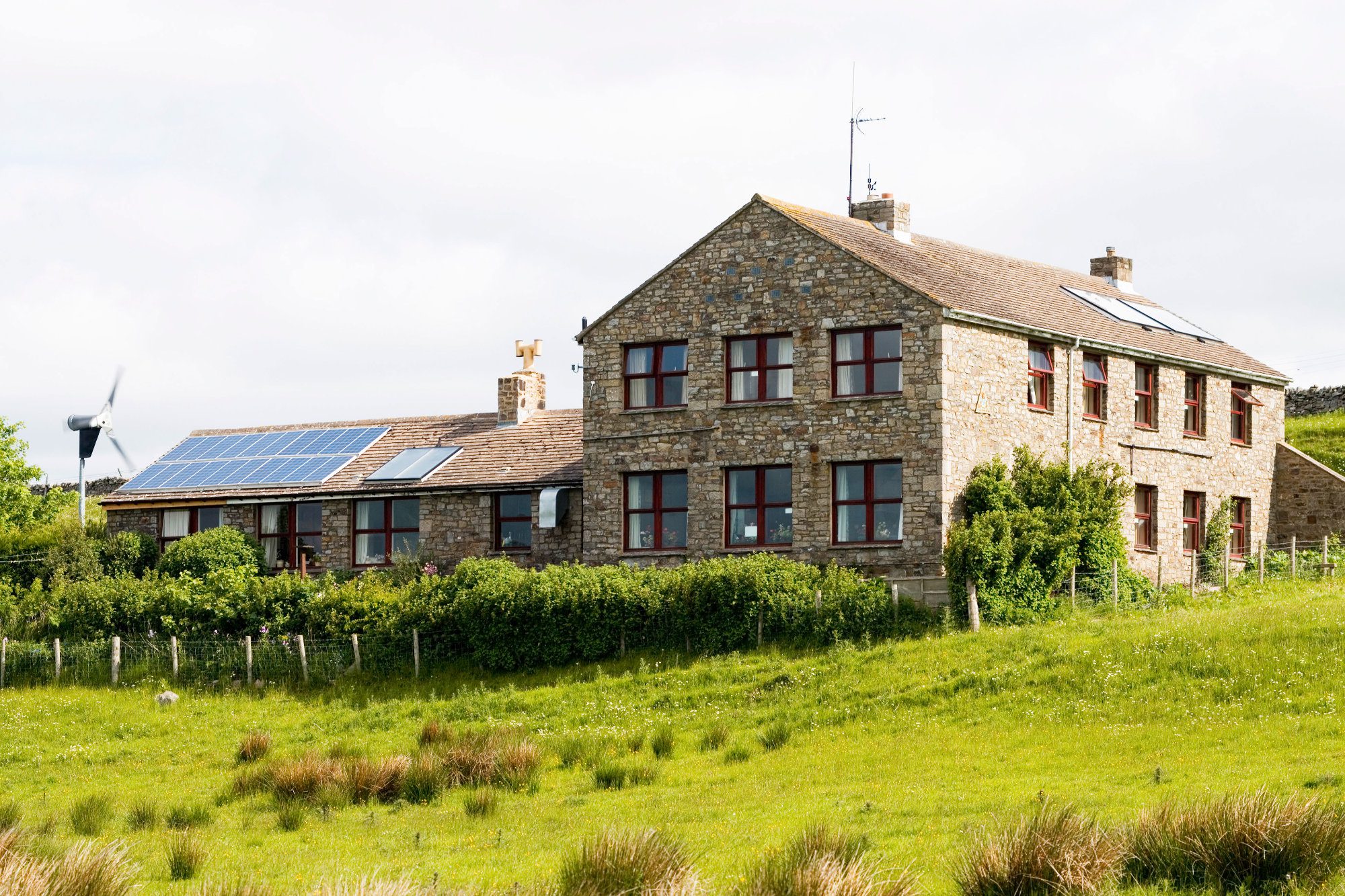Journalist and access activist Maxwell Ayamba talks to The Journey writer Daniel Neilson about getting more minority groups into the outdoors, the challenges they face and walking in the steps of the first Black Roman emperor.
The theatre production of Black Men Walking was acclaimed by The Stage’s Charlotte Maxwell as “an important, political, poignant work… (it) dismantles stereotypes and proudly presents the complex identities of Black British people.” The play, written by rapper Testament, tells the story of a group of men walking the trails of the Peak District, looking for friendship, laughter, and a place to converse. It touches on centuries of Black history in the hills of Britain, including the Black Roman emperor who walked through what is now the Peak District. The wider narrative is about access to our land for all minorities. Really, though, it’s inspired by the story of Maxwell Ayamba.
Maxwell was born in rural northern Ghana and moved to the UK in 1996 on a scholarship. He went on to pursue a postgraduate degree in environmental management at Sheffield Hallam University, where he was the only person of colour in his intake. During his fieldwork in the nearby Peak District National Park, he rekindled his love of the outdoors, but discovered it was an overwhelmingly white space.
“Nature in Ghana is part of our livelihood. We have a spiritual reverence to nature for our daily survival, but also for health and wellbeing,” he explains.
“When I came here, people like me were completely disconnected from the natural world. Here you are urbanised, and the ‘countryside’, as you call it here, is distant.”
He found that there were almost no Black or minoritised people in the whole environmental sector. The outdoors, he said, seemed like a “privileged realm”. So why was this? “The trajectory of migration and settlement has become so urbanised,” he continues. “At the same time, the environmental organisations lack the cultural knowledge to reach out to these groups in a more proactive way.
“The key barrier is that working-class people don’t see the outdoor space as theirs because they’re not involved in the discourse.”
Maxwell talks about the Mass Trespass in 1932 on Kinder Scout in the Peak District, which ultimately opened up the countryside to everyone and led to the foundation of the National Parks. It was working-class people who led the charge, but today he argues it’s largely white and middle-class people in the hills.
After Maxwell finished his master’s degree, he knew he had to dedicate himself to getting minoritised people into the outdoors. In 2004, along with two Afro-Caribbean friends, he set up 100 Black Men Walk for Health, to encourage middle-aged Black men to walk and talk in the countryside. The group is now known as Walk4Health, welcomes women and younger people and still meets monthly.
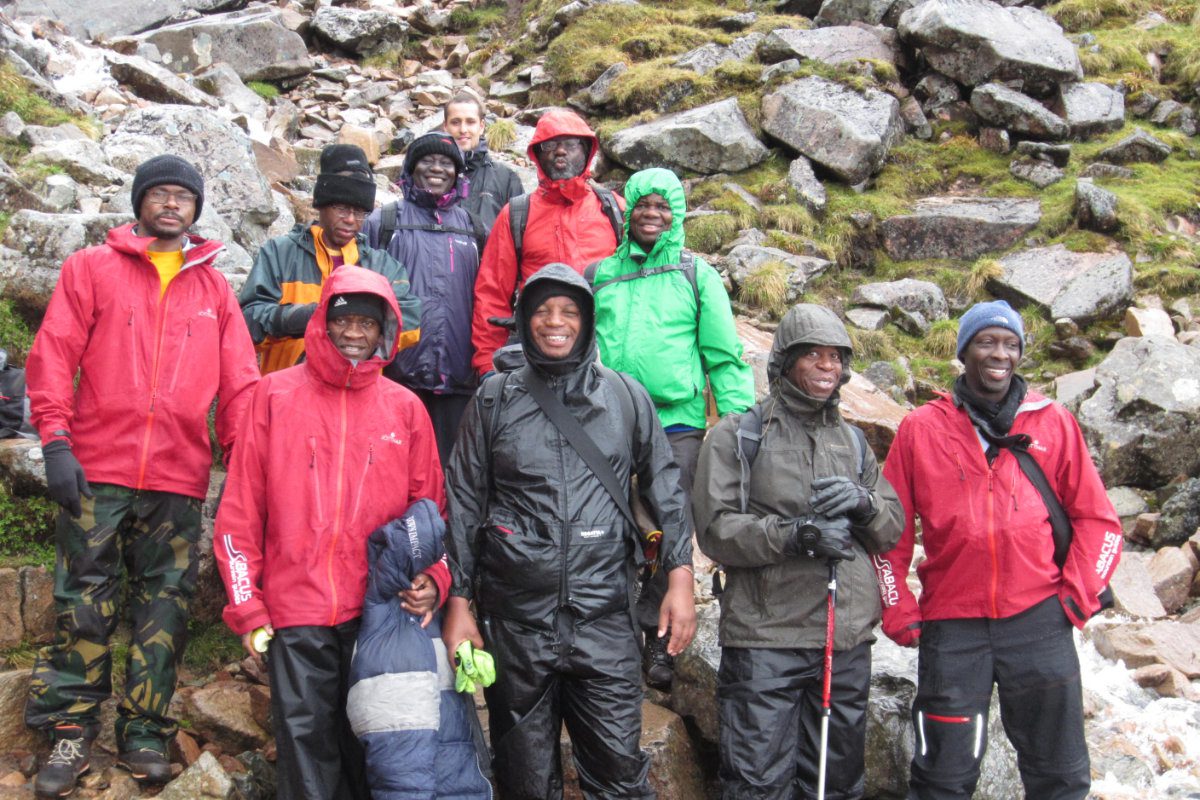
After Maxwell finished his master’s degree, he knew he had to dedicate himself to getting minoritised people into the outdoors. In 2004, along with two Afro-Caribbean friends, he set up 100 Black Men Walk for Health, to encourage middle-aged Black men to walk and talk in the countryside. The group is now known as Walk4Health, welcomes women and younger people and still meets monthly.
Maxwell and the group were featured on TV shows, and he subsequently became the first Black person to serve on the board of Ramblers Association UK. In 2016 he set up the Sheffield Environmental Movement, to make the most of his connections with environmental organisations on one hand, and minoritised community groups on the other.
This is where he still sees his role: to broker those links, working with organisations and outdoor companies to fill the deficit of minority groups. There are great challenges of course; even finding the right outdoor gear to take groups into the hills is a constant problem. Transport is also an issue. “It’s one thing to say that people don’t want to walk, but you have to address the barriers that prevent people from walking,” he says.
“How do we show that these outdoor spaces are welcoming? There is racism, both covert and overt, and some people don’t have the confidence to go into the outdoors in case they face racism. Environmental organisations need to diversify.”
And where does Maxwell himself enjoy walking? “The Peak District is so close to me in Sheffield. I enjoy walking the Old Roman Road which was said to have been walked by the first Black Roman emperor Septimius Severus. He walked this road with his army and died in York. It’s an unwritten and hidden part of history. To retrace the steps of our ancestors who walked that road before us to me is fundamental in terms of how Black people have been erased from the discourse in the countryside. Walking there is spiritually uplifting.”
Read next: Renewed focus on Wales
